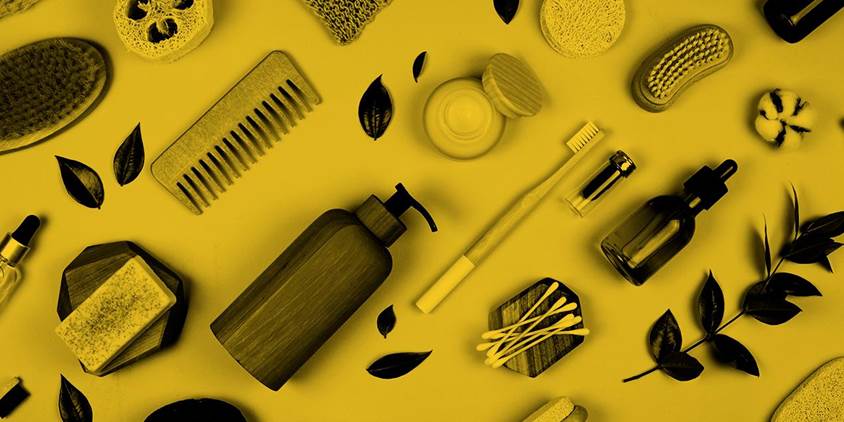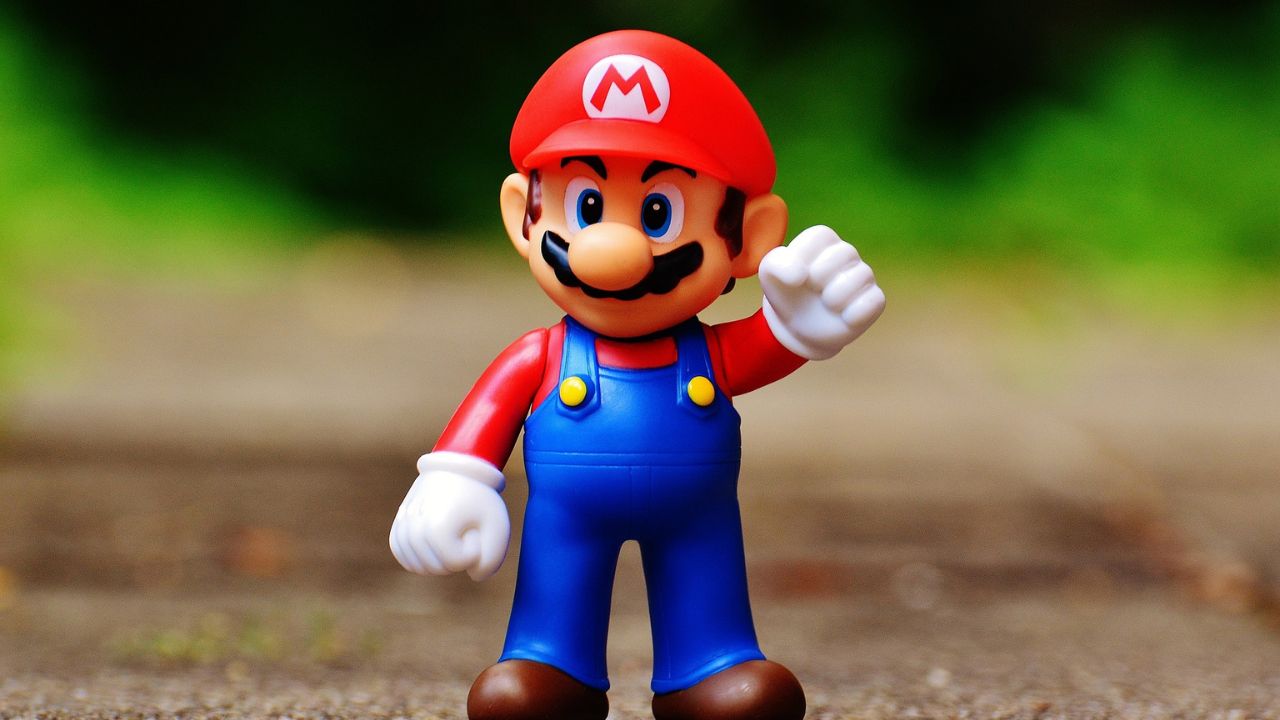Since Romania ranks 26th out of the 27 EU member states in terms of municipal waste collection and recycling rate, it is clear that traditional recycling solutions and mechanisms are no longer enough.
It is imperative to create a community of young people, with a voice of their own, with a common mission and mindset, to change the way responsibility for the environment is perpetuated within society.
ASAP Romania is a social responsibility program that aims to change youngsters’ attitudes towards plastic & recycling
As a responsible corporate citizen, Lidl Romania is committed to pursuing the vision of “Less plastic – Closed loops”, as part of REset Plastic, the international plastic strategy, which was started in 2018 by the Schwarz Group.
This is why, along with the measures taken by Lidl in its own business operations to reduce the use of plastic, the company is also supporting local initiatives which aim not only to contribute to a cleaner environment but also to educate people about plastic. ASAP Romania – a program initiated by The Institute Foundation and supported by Lidl Romania – is one of these initiatives.
Thanks to the program’s achievements, more than 540,000 students from 900 educational institutions have joined the initiative and will start collecting selectively.
By the end of the 2021-2022 school year, students from all the 41 municipal cities in Romania that welcomed the initiative will be able to interact with the program, which is now active in Alba Iulia, Alexandria, Arad, Bistrița, Brăila, Brașov, Constanța, Iași, Ploiești, Râmnicu Vâlcea, Sibiu, Târgu Mureș, Zalău, Târgoviște – and in all 6 sectors in Bucharest. The program will be implemented nationwide by 2025.
ASAP started through a petition already signed by 38.000 people, who expressed their wish for the implementation of a selective collection and waste recycling model in Romanian schools.
The next step for ASAP was to run a pilot project in sector 6 Bucharest, through which 38.000 students were introduced to the program. The results were astounding even in the context of the pandemic and the online courses: more than 450 kilograms of plastic, more than six tons of paper and more than 130 tons of mixed waste were collected in three months.
“Looking at the first implementation model and realizing that each student collected, on average, over 1.2 kg of paper, that over 100 trees were saved by collecting six tons of paper in only one sector of Bucharest, it is easy to understand what the immediate impact of the over half a million students from all over Romania will mean”, stated Andrei Borțun, CEO of The Institute Foundation, the founder of the ASAP program.
ASAP relies on three directions which are innovative in terms of creating long-term and sustainable change.
It begins by carrying out an education campaign for students, which focuses on explaining the correct way to collect waste fractions, namely plastic, paper, metal, and glass, but also the route of waste after collection, in sorting or recycling stations, to improve quality collection and recycling and thus help to reduce pollution.
Of course, it is necessary to support schools when it comes to optimizing the infrastructure for separate collection of recyclable waste, along with optimal calibration of the volume, distribution and location of the containers inside and outside schools.
Third come the collection and correlation of data from the sanitation companies contracted by the public authorities for the collection of both recyclable and household waste, to properly monitor the quality of fractional collection and make the necessary improvements in real-time.
To achieve all this, ASAP Romania works in partnership with the Ministry of Environment, with the National Council of Students and with GreenPoint Management.
The program impacts not only the students who learn to recycle at school by giving them the means to do so, but also, through its learning component, future generations.


















